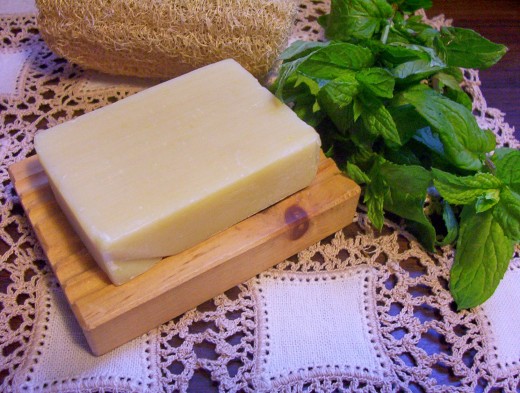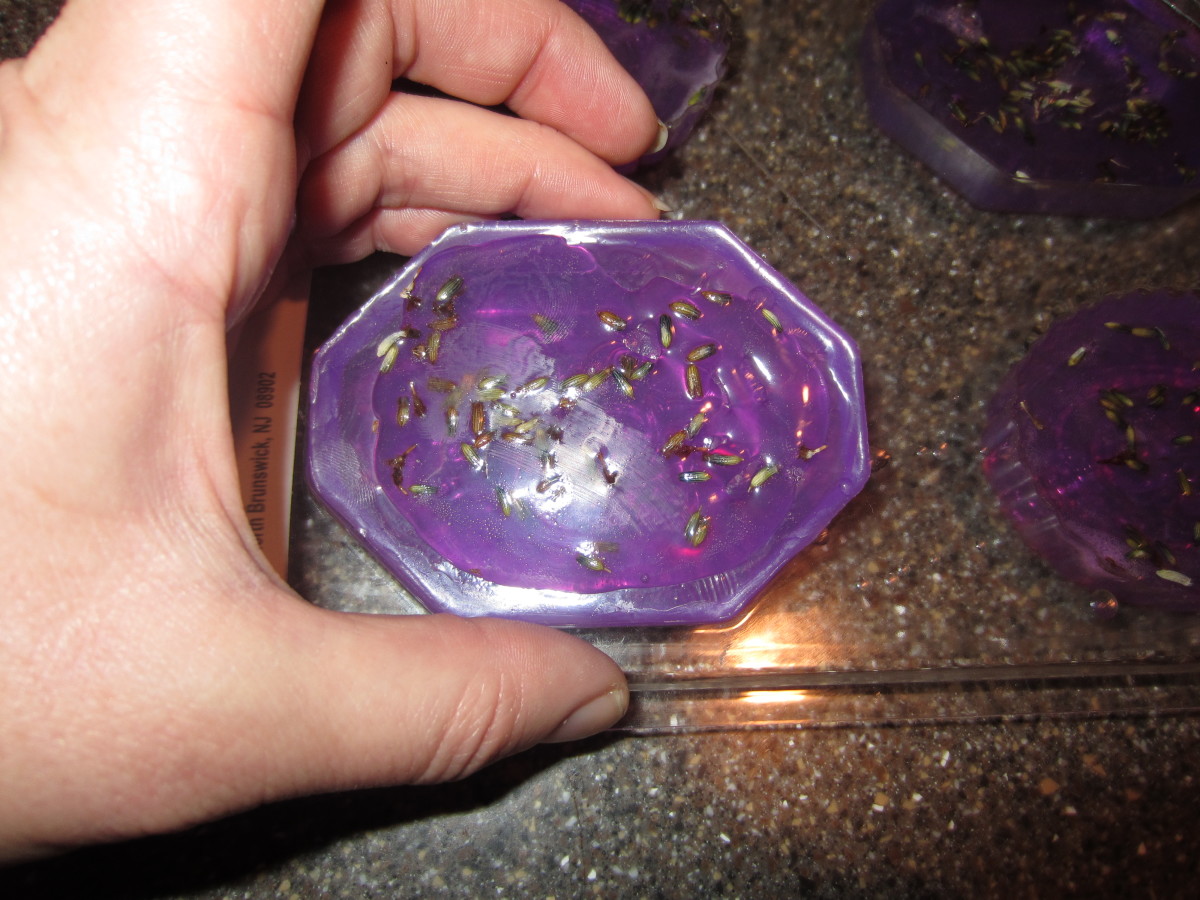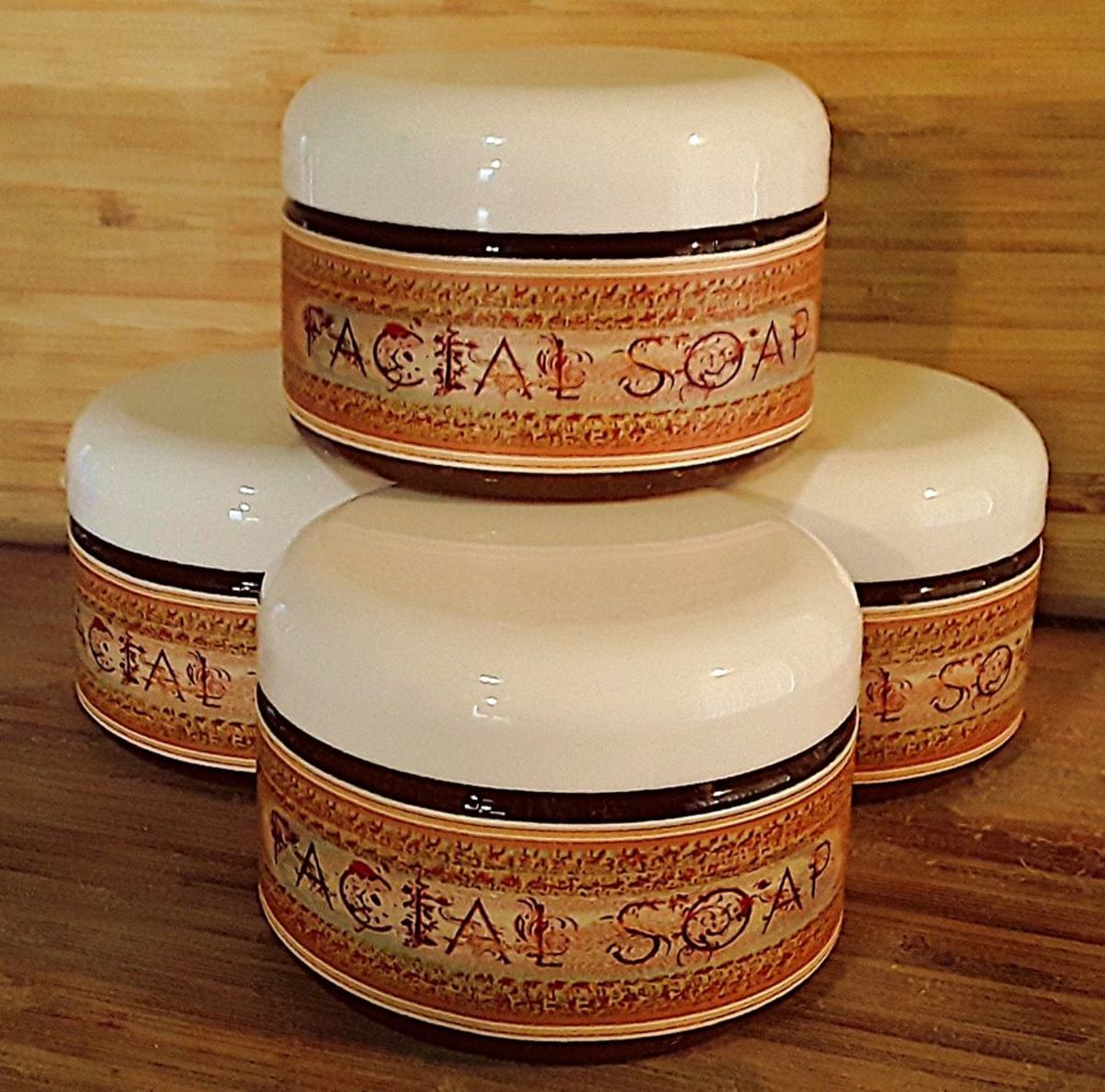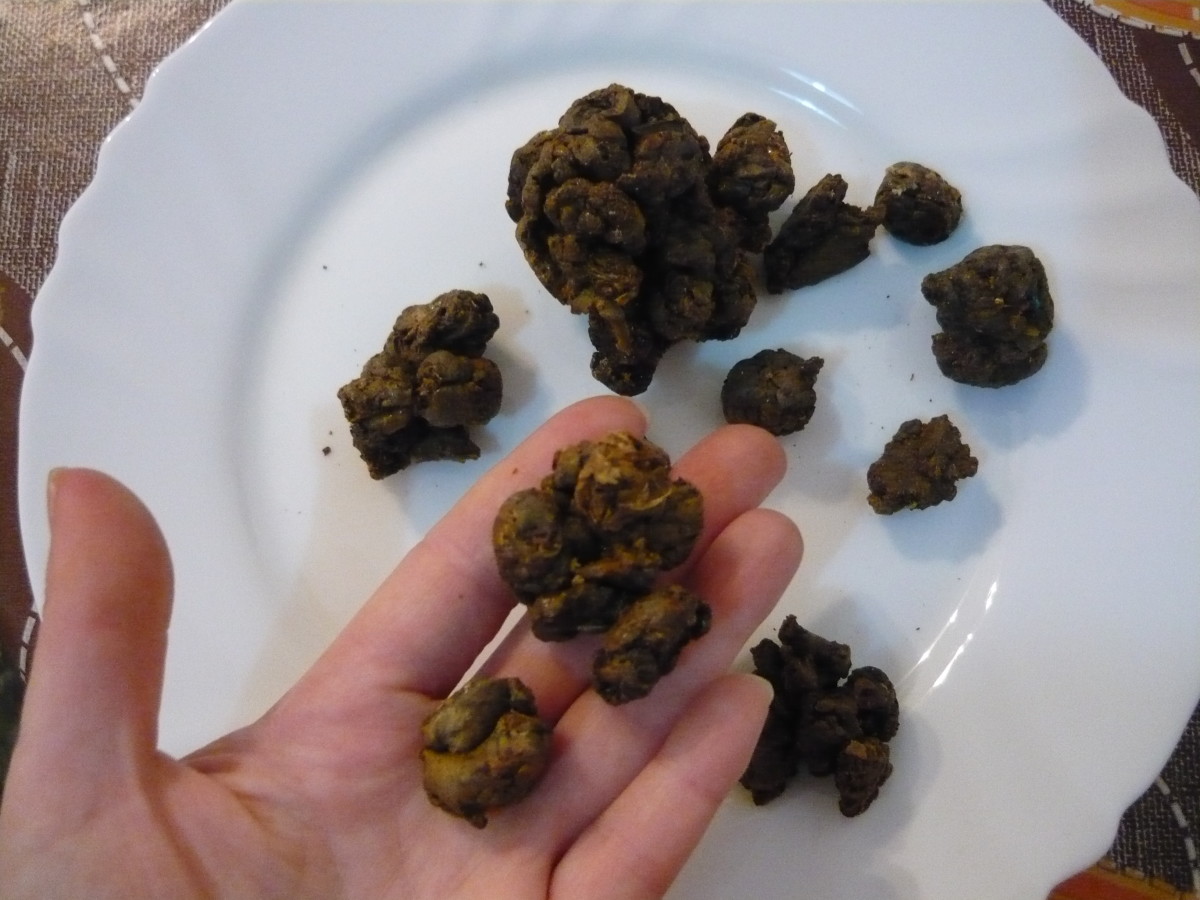Why Use Natural Soap?

The Benefits of Using Natural Soap
Why use natural soap? I've seen the benefits of using natural soap personally and in many of my customers. The first benefit I noticed from using my hand made soap when I first became a soap crafter ten years ago was that I didn't have to use lotion as often. Natural soap helps maintain the natural acid mantle of the skin which in turn helps it retain moisture and provides many other benefits.
My customers and family and friends have seen great improvements in their skin such as a reduction in acne break-outs and blackheads. Some say it even seems to make scars less noticeable. The benefits will vary from person to person, but everyone will see an improvement in their skin.
Function and Purpose of the Skin
Did you know your skin is the largest organ of your body? To protect you from overheating, it sweats and blushes. To keep you from getting cold, it can close down its blood supply, keeping your body heat inside.
Skin has two layers. The outer layer, the epidermis, is a barrier that keeps disease out and keeps in water. The skin is sometimes called the mini-kidney. It helps push toxins out of the system and keeps the lymph system cleansed. If your skin is bombarded by the chemicals found in commercial soaps, (in addition to the pollutants in the air and water) it can't perform its job properly. Simply put, it lets disease in and water out, causing all kinds of complications
that go much more than skin deep.
Paraphrased from an article by J.D. Anderson of White Dragon Soaps.
Note* J.D. Anderson was my primary mentor when I was learning to make soap. He has pass on now and his business was closed down by his family as none of them shared his passion for soapmaking.
How are natural soaps different from commercial soaps?
Commercial soaps are made in huge batches from detergents, surfactants (a chemically derived product that promotes foaming), synthetic fragrance and many other synthetic (chemically derived) products. They can strip the natural oils from your skin, and possibly cause skin rashes, dry, chapped skin, and many other symptoms of dermatitis.
Natural soaps are made in small batches from vegetable and/or animal fats. These fats contain nutrients needed to keep your skin healthy. They don't strip the protective layer of oil that your body naturally deposits on your skin in order to keep out disease bearing bacteria and other pollutants and to protect you from the effects of sun and wind
Natural soaps retain all the glycerin found naturally in vegetable oil in just the right amount to keep the moisture in your skin.
Some people have asked if the process of soap making depletes the benefits of the oils used. My answer is always, not if the soap is made properly. The oils have to be heated above 150 degrees in order to start degrading, and if soap is properly make the oil should not be heated above 110 degrees. The saponification process doesn't destroy the properties of the oils either.
Is the grade of vegetable oils used important:
There are conflicting opinions on whether the skin absorbs anything you put on it, but from personal experience I feel that it definitely does.
Many soap makers use the least expensive oils they can get (soap/cosmetic grade). Others prefer to use the higher quality, extra virgin or expeller pressed (food grade) oils.
The problem with the soap/cosmetic grade oils is that they are extracted with a chemical, usually hexane, and even though all possible efforts are made to remove this chemical after extraction it can't be removed completely.
While it's true that the minute amounts of a chemical found in one bar of soap will probably not harm most people, a life-time build-up of chemicals from external applications in addition to the chemicals added to our food to preserve it for long shelf life, our drinking water to kill harmful bacteria, and the pollutants in the air, can lead to such problems as allergies, and even life threatening diseases. Why not eliminate as many of these as we can, including the chemicals found in products we put on our skin?
Amazon Spotlight - Soapmaking Guide
Susan Miller Cavitch is one of the leading authors on soap making. This guide will not only teach you how to make soap, but will give you the chemistry of soap (if you're interested). Lots of illustrations, how-to's and recipes.
This book will give you an understanding of how each oil interacts with the other ingredients so you can soon begin making your own recipes to suit your unique skin type. It's an invaluable reference guide.
More Information about natural skin care products
- Relieve Your Dry Skin Naturally
Some tips on relieving dry skin naturally. - Benefits of Coconut Oil
A brief article on the health as well as skin benefits of coconut oil. - The Dry Skin Dilemma & How Detergents Damage Your Health
Engaging article about harmful products you use without thinking. Written by Helga van Oostveen, B.Sc., Owner, Clearwater Soap Works. Learn how to improve health.







